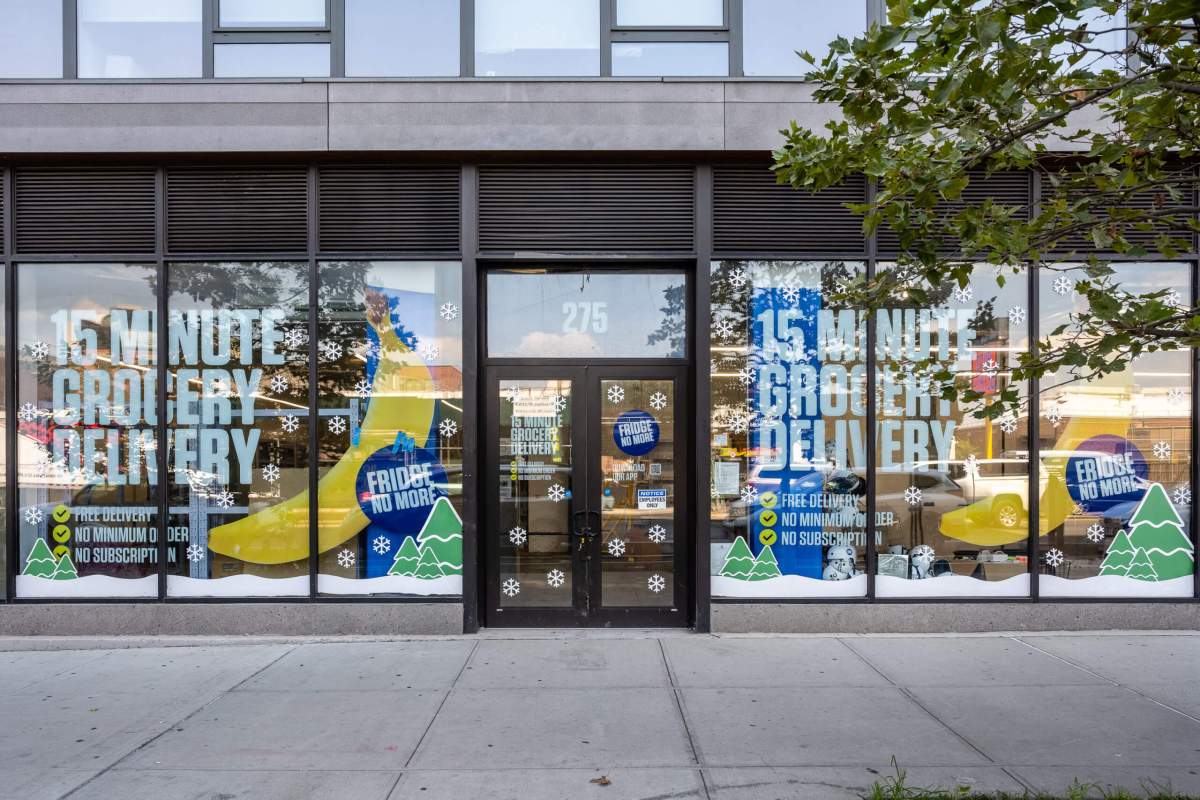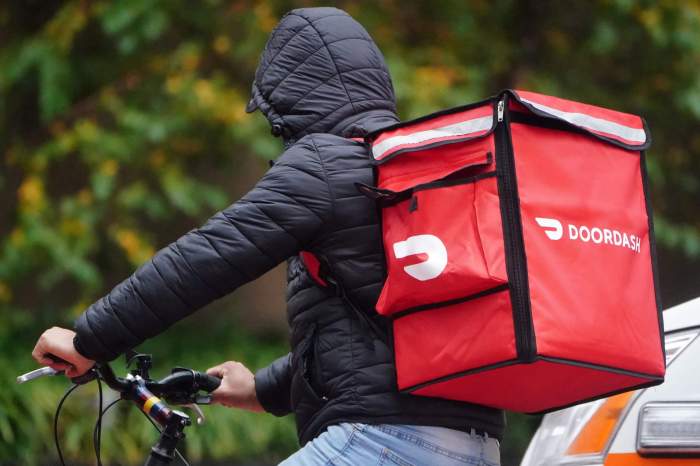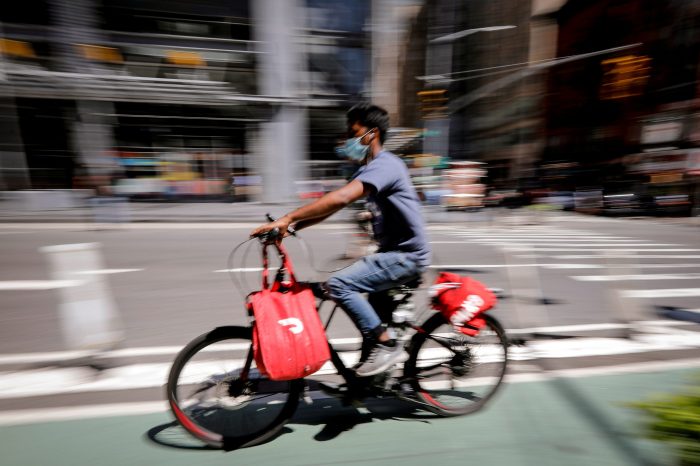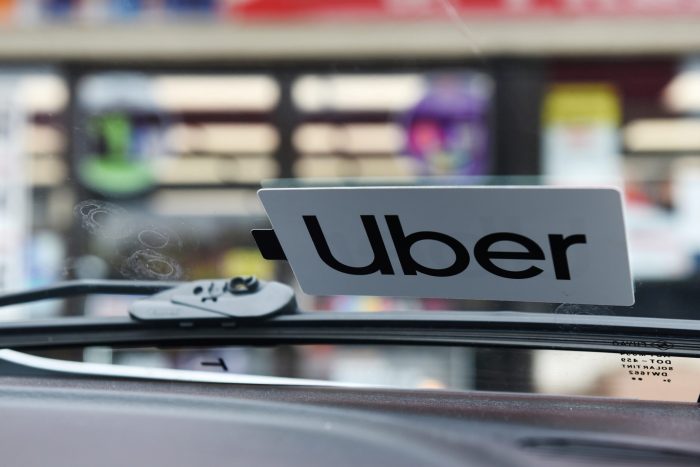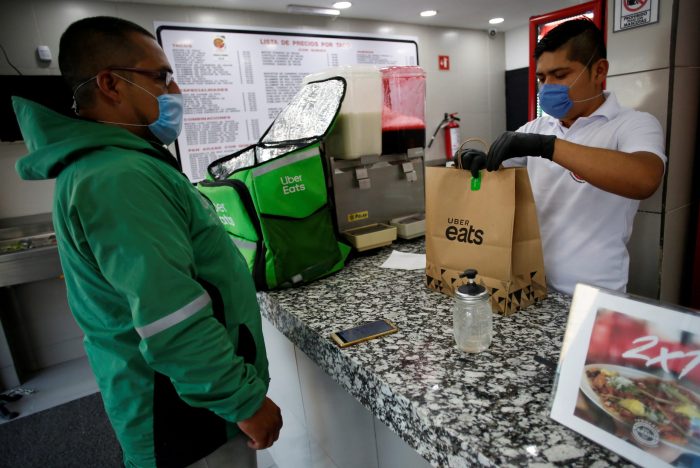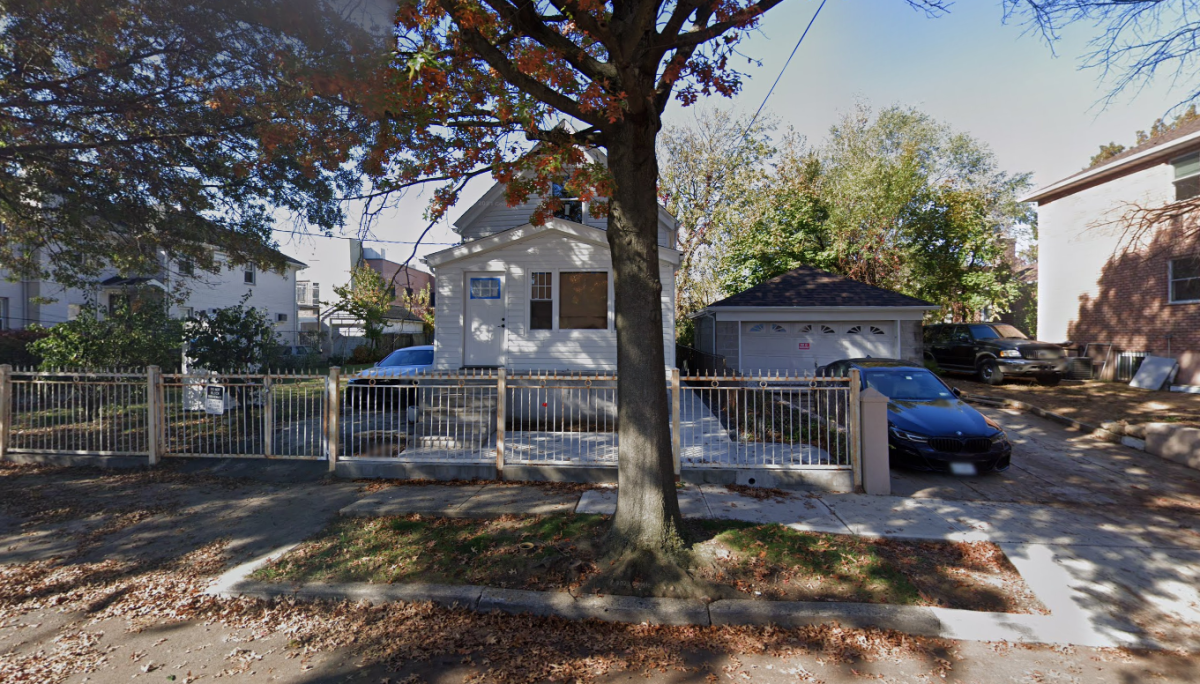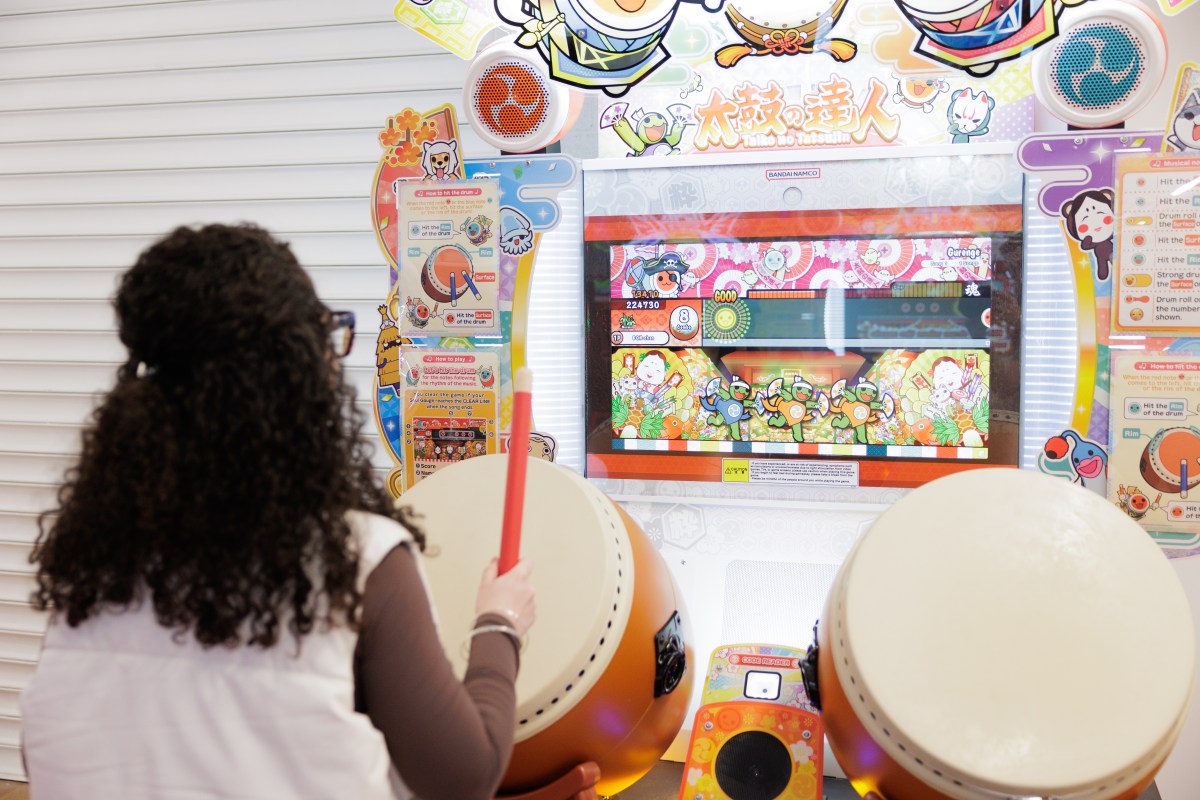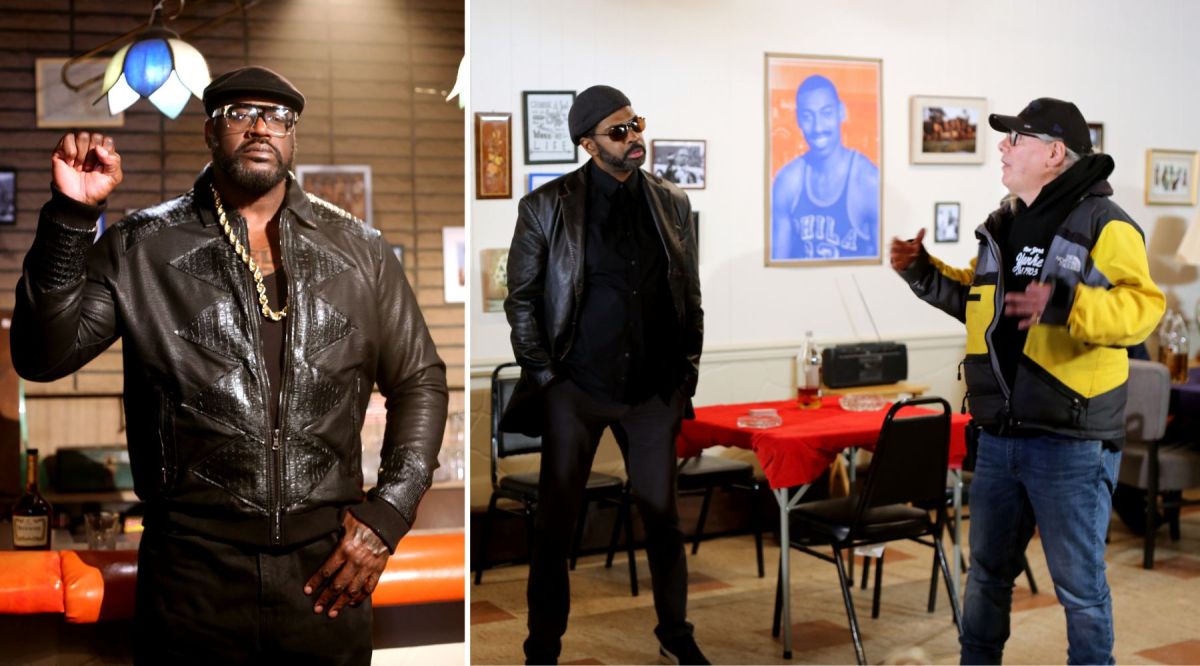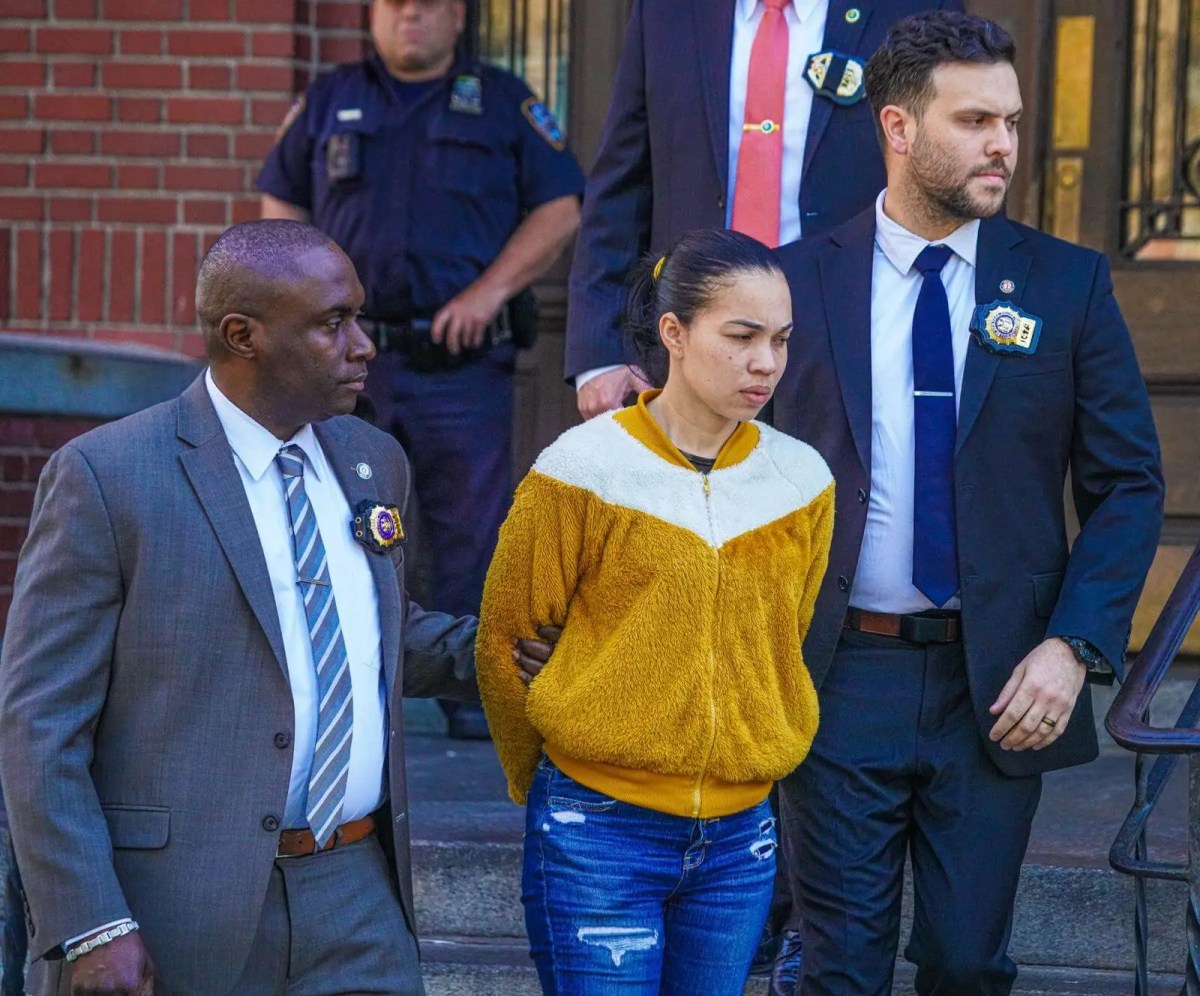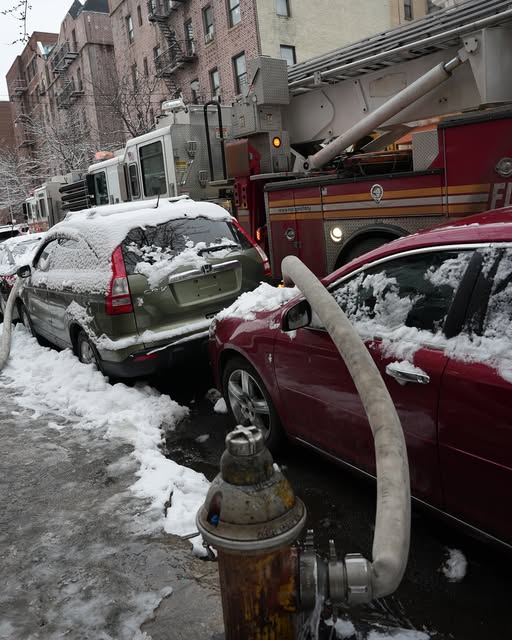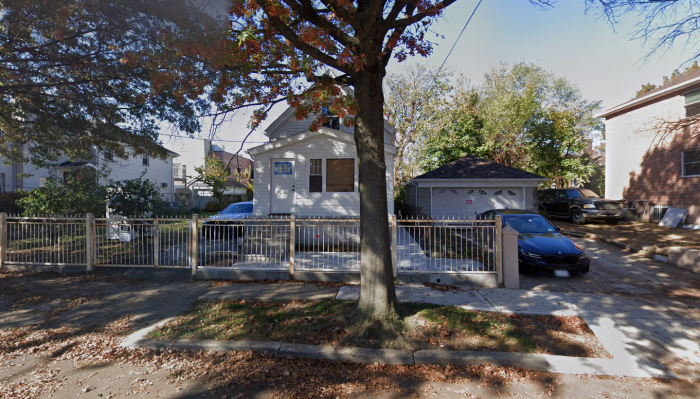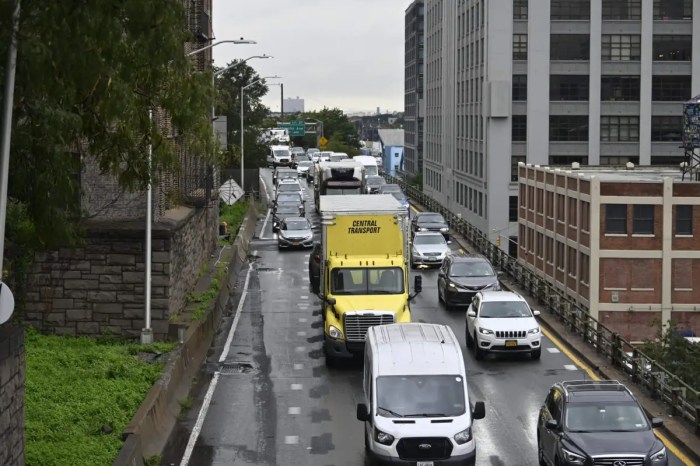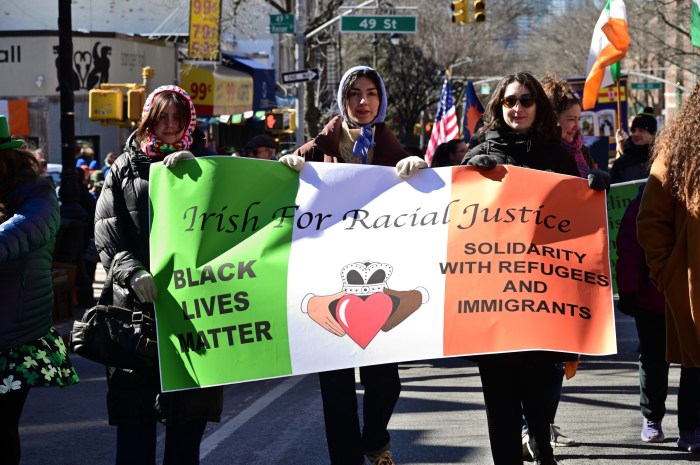This is the first part in amNewYork Metro’s series “Still Racing to Deliver,” a follow-up to our five-part series exploring the proliferation of quick-commerce grocery services in New York City. In “Still Racing to Deliver,” we catch up with the industry, which has changed rapidly in the last ten months, and how it has impacted the city, local businesses, and more. Click here to read the second, third, and fourth installments.
Last fall, amNewYork Metro Metro explored the sudden, skyrocketing popularity of quick-commerce grocery delivery services. A host of brand-new, private equity-backed companies promising to deliver everything from canned goods to specialty meats from local brands in 15 minutes or less were spreading across New York City, and small businesses, local politicians, and consumers didn’t know what to make of them.
In less than a year, the industry, which was growing at breakneck pace, has changed dramatically. Many of the companies, which boasted millions of dollars in funding, have closed their doors permanently. Local politicians are considering imposing more regulations on the businesses, which sit in a gray area of city labor and zoning laws, and consumer demand for instant grocery delivery seems to be on the decline.
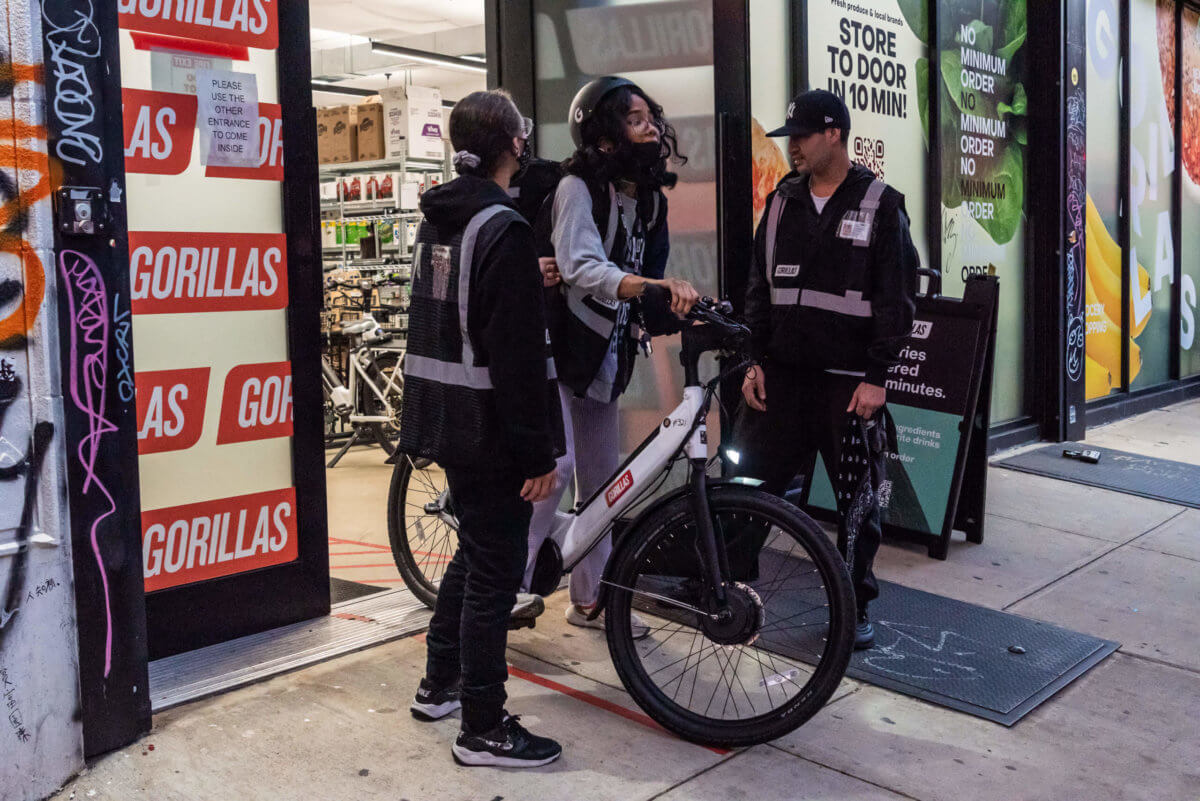
In our follow-up to the series, “Still Racing to Deliver,” we will explore the rise and fall — or just plain rise — of quick-commerce delivery apps, the impact they’ve had on delivery workers and local businesses, and what might be coming next. In the first installment, we’ll recap where we left off last November and take a look at what’s happening to quick-commerce delivery apps now.
The first “dark stores” —the tiny, private warehouses at the center of any quick-service grocery delivery app — started cropping up in New York City last spring. Clustered in Manhattan and a few of the wealthier neighborhoods in the outer boroughs, the dark stores brought with them a legion of new bike-riding delivery workers and colorful advertisements seeking to tempt consumers with short wait times and low delivery fees.
Within months, the city was inundated with similar companies, almost all with snappy, one-word names: JOKR, Gorillas, 1520, Buyk, Fridge No More, GoPuff and Getir. As the year came to an end, even old-time delivery pros DoorDash wanted in, announcing it would launch 15-minute delivery from one of its DashMart locations in Manhattan.
Sudden death for several grocery delivery apps
But despite a frenzy of media coverage and billions of dollars raised from investment firms, the bubble was soon to pop. In December 2021, 1520 was the first to fold, posting advertisements for competitor Getir on their social media platforms.
“Time to switch your grocery service to Getir,” the post read, encouraging customers to use a promotional code for $30 off. The company’s website and app appear to have been deactivated soon after.
Three months later, Fridge No More announced on social media it was closing “effective immediately.”
“We are so proud of what we have built these last two years and always will be,” the company said in a March 11 Instagram post. “However, due to growing competition and other industry related issues, as of this week, we have made the difficult decision to close the business.”
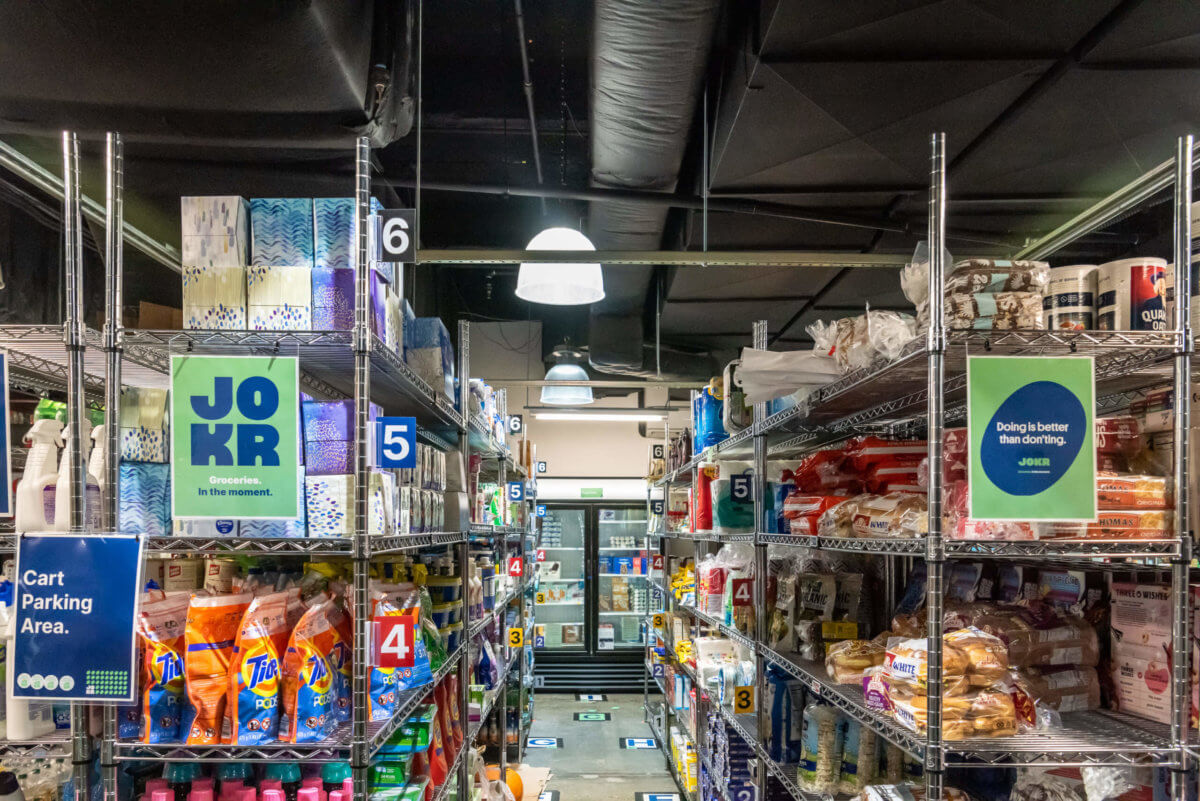
According to its most recently available delivery map, Fridge No More was operating in most of Manhattan and northern Brooklyn, as was most of its competition, but had also expanded to Mott Haven in the Bronx, Sunnyside and Rego Park in Queens, and in parts of southern Brooklyn including Sheepshead Bay and Midwood.
Days later, Buyk, a Russian-backed company that launched in the city in Sept. 2021 and had doubled its number of dark stores by last November, filed for bankruptcy after U.S. sanctions implemented in response to the war in Ukraine made it impossible for the business to access its main source of funding.
JOKR was next, halting its delivery service with four days notice last June and keeping its dark stores open for steeply-discounted pickup orders for a week before permanently shutting its doors. Seven months prior, the company had ten dark stores operating in New York City, and planned to double its footprint before the end of 2021, U.S. co-founder Tyler Trerotola told amNY at the time.
The sudden closure came just months after JOKR shuttered its European operations, intending to focus on Central and South America, according to Business Insider.
Startups vs. bigger players
Quick-commerce delivery in New York City is now centered on three startups: Gorillas, the last man standing of the companies that launched in the spring and summer of 2021; Getir, a Turkish company whose riders are outfitted in a signature purple-and-yellow motif; and GoPuff, which was founded as one of the first quick-delivery outfits in 2013 but first entered the New York City market late last year.
A more familiar name is also exploring new frontiers in the delivery world: DoorDash, which has spent years delivering hot meals from restaurants, opened an outpost of its convenience-store-style DashMarts in Chelsea last December, promising 15-minute delivery and full-time employment for its Dashers.
DoorDash has continued to expand their ultrafast delivery service across Manhattan and into Brooklyn, a company representative said, and New Yorkers tend to order fresh staples – like meat, produce, dairy and bread — in addition to fare from the local brands carried in DashMarts.
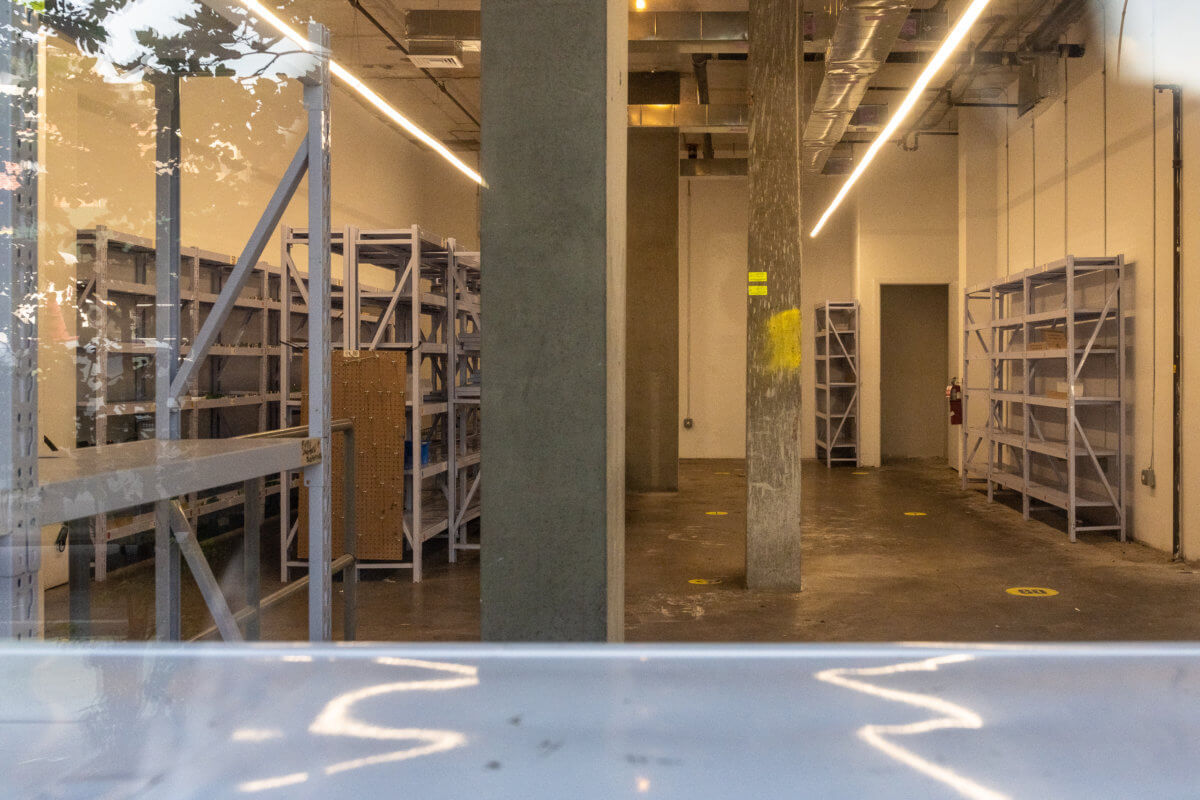
The oldest and most-established of the quick-commerce players, DoorDash has been able to leverage their existing infrastructure as they expand their offerings, a spox said, and the company’s size and existing customer base has made them the first choice of many consumers looking to order food and groceries.
Each of the surviving companies has at least one thing in common: their dark stores are at least not totally dark. Getir, GoPuff and DashMart locations are open for browsing or at least pickup, and the New York Post reported in February that Gorillas would be opening some of their locations to the public.
Gorillas did not return a request for comment.
Keeping at least some locations open to the public — even if they’re primarily used as delivery hubs — might keep the pressure off as local elected officials, including now-City Council Member and former Manhattan Borough President Gale Brewer, start to question if the businesses are complying with zoning and licensing requirements.
The uncertain future
Not all is well for the surviving businesses, though. In addition to inquiries about zoning from Brewer, fellow Manhattan City Council Members Christopher Marte and Julie Menin earlier this year introduced a trio of bills to regulate dark stores and the industry — perhaps the most challenging of the three proposed laws would prevent delivery services from promising 15 minute delivery and from penalizing workers whose deliveries take longer.
Gorillas has already removed its 10-minute delivery pledge to ensure rider safety, according to the Post.
Outside the legislative sphere, Getir and GoPuff have both recently laid off large numbers of workers, especially in their European hubs. In May, Gorillas laid off 300 workers as it narrowed its focus down to its more profitable markets – including the U.S., according to a press release.
Gorillas CEO Kağan Sümer said in a statement to employees the industry was changing rapidly, and that in a year’s time, only one or two quick-commerce delivery companies would remain.
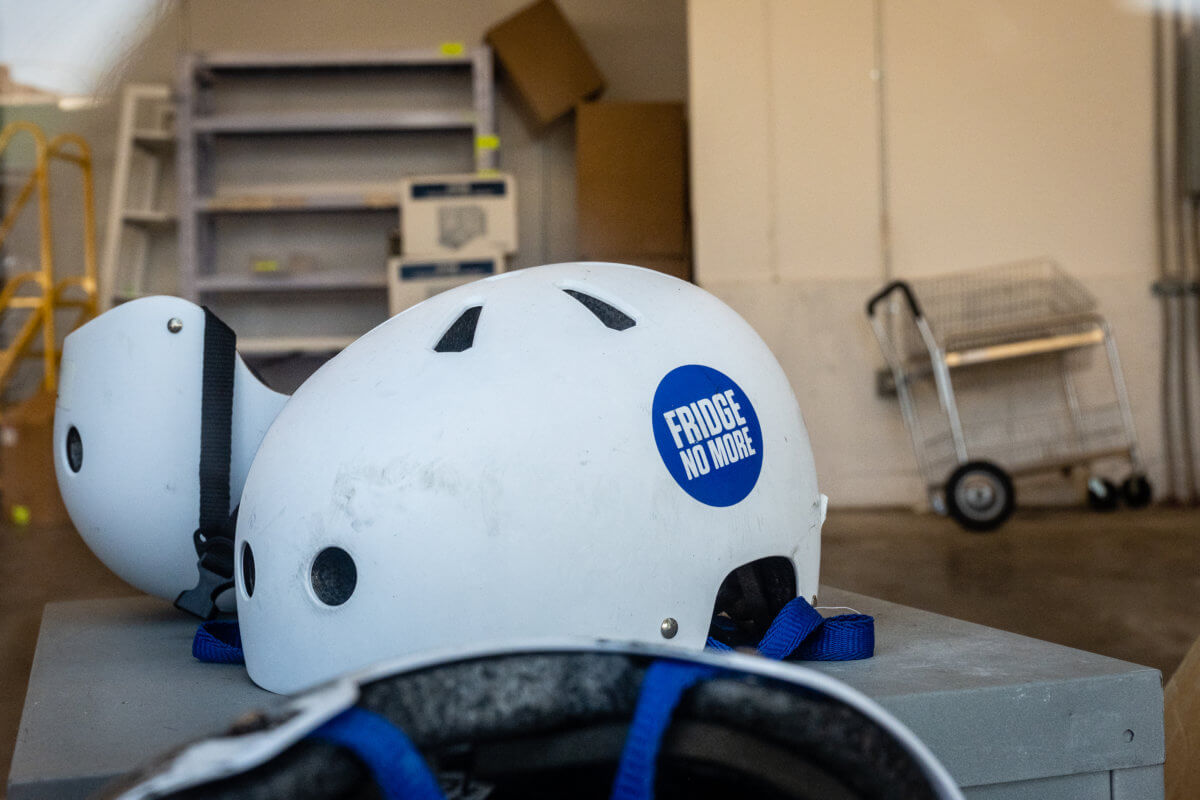
“Gorillas will be this player. And this requires a new plan,” Sumer wrote. “The plan that will strengthen Gorillas further and ensure that the legacy we have built together grows stronger. With this new plan, we will be much more precise with what we do, and how and where we do it. This will align our priorities to our cost structure.”
Some New Yorkers worry about the impact the new companies will have on their favorite local businesses, and relations between the city’s delivery workers and some grocery delivery services are strained.
As inflation pushes food prices higher, demand for grocery delivery has fallen, according to the Associated Press. Capital funding for the speedy delivery services reportedly dried up, leaving the future of the once-promising industry unsteady, and far fewer people are downloading even the most popular apps than they were last year.
Join amNY over the next several weeks as we explore the impact quick-commerce delivery services have had on local businesses and neighborhoods; how the rise and fall of the companies has affected the thousands of delivery workers in New York City; how legislators are stepping in; and more in Still Racing to Deliver. Check back next week for a look at how quick-commerce delivery apps have impacted local businesses, and what can be done about it.



